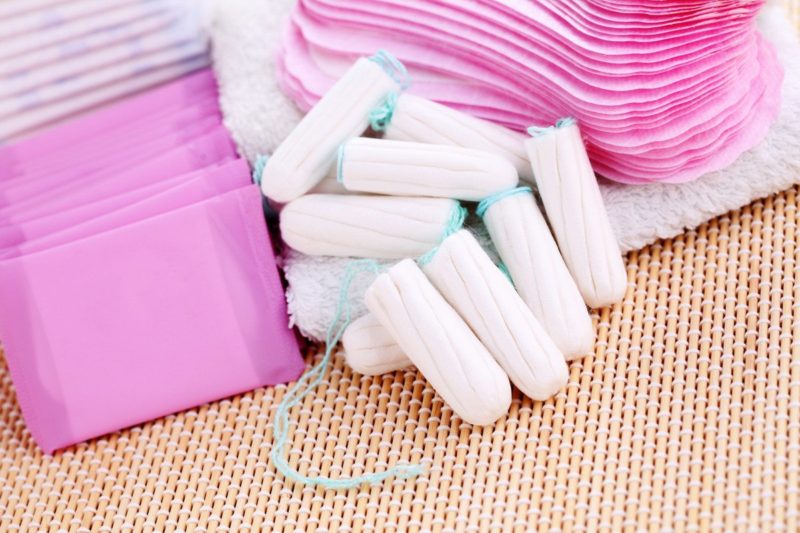Taxes on Tampons and Pads Could Soon Be Gone in New York
State Sen. Susan Serino (R-Hyde Park), sponsored the bill. She said in April it was “beyond comprehension” that the state would exempt “cupcakes and circus performances” from the sales tax, but not sanitary napkins and tampons.

New York is primed to become the sixth state to eliminate taxes on tampons and pads.
The Democratic-held state senate on Wednesday passed S 7838, which adds hygiene products including, but not limited to, sanitary napkins, tampons, and panty liners, to the list of products that are exempt from taxation.
Current tax exemptions include medicine, medical equipment, and other products consumed for the preservation of health.
In language associated with S 7838, the state senate noted it was “an oversight to exclude other products which are intended to promote the health of citizens from a sales and use tax while at the same time imposing a tax on feminine hygiene products, a basic necessity.”
State Sen. Susan Serino (R-Hyde Park) sponsored the bill. She said in April it was “beyond comprehension” that the state would exempt “cupcakes and circus performances” from the sales tax, but not sanitary napkins and tampons.
“The Senate’s passage of legislation exempting feminine hygiene products in New York from sales tax is a symbolic victory for New Yorkers that recognizes the tax’s discriminatory nature and eliminates an additional burden to the disproportionate cost of menstruating,” Andrea Miller, president of the National Institute for Reproductive Health Action Fund, said in a statement.
The bill now awaits approval from New York Gov. Andrew Cuomo (D).
With Cuomo’s signature, New York will join Maryland, Massachusetts, Minnesota, New Jersey, and Pennsylvania in getting rid of taxes on such hygiene products.
California lawmakers this year have considered joining the states doing away with taxes on tampons and pads.
The legislation is expected to save more than $20 million annually in taxes for California residents who use such hygiene products. Since the law was introduced, state lawmakers have added environmentally friendly products, like menstrual sponges and cups, to the legislation’s language.
Gina Jackson, the regional director for an anti-poverty think tank in Orange County, California, told the LA Times that many low-income people can’t afford the hygiene products. She noted that pads and tampons were among the most requested items by those served by food pantries and homeless shelters.
